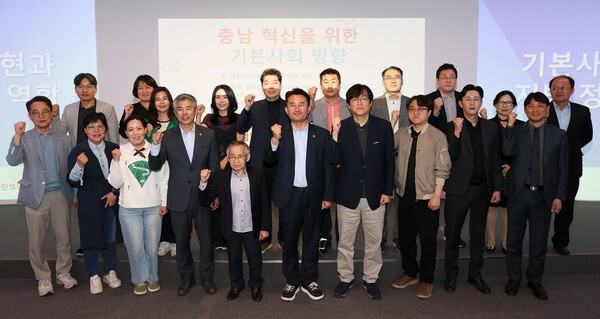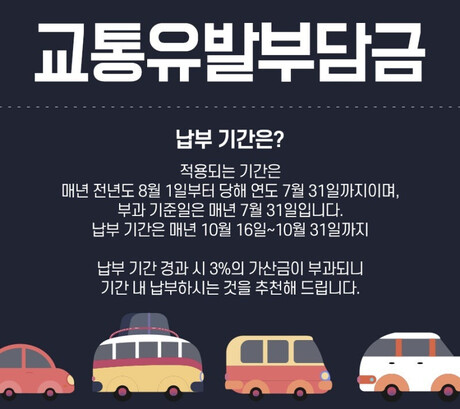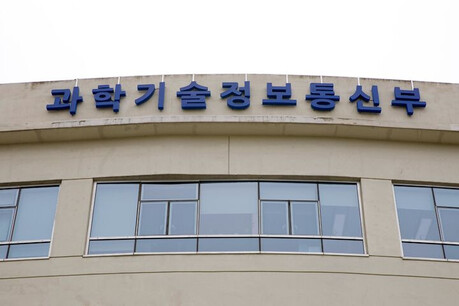
The 'Research Group for Innovative Governance of South Chungcheong Province' (headed by Councilman Ahn Jang-heon) of the South Chungcheong Provincial Council held its launching ceremony and first meeting on the 23rd at the Chungnam Information & Culture Industry Promotion Agency in Asan City.
This research group was established to spearhead innovation in the provincial administration of South Chungcheong, and to formulate practical policy alternatives aimed at improving the quality of life for provincial residents and achieving sustainable development. The inaugural meeting brought together 14 research group members, including the group's representative, Councilman Ahn Jang-heon (Asan Constituency 5, Democratic Party of Korea), alongside provincial residents and various experts to explore innovative directions for the future of South Chungcheong.
At the meeting, Professor Kim Se-jun, an adjunct professor at Kookmin University, delivered a keynote presentation on the 'Definition and Direction of a Basic Society,' outlining the values that a basic society should pursue and a blueprint for an innovative provincial administration tailored to South Chungcheong.
Professor Kim stated, "A basic society is one where all citizens can enjoy not just a 'minimum standard of living' but a 'basic standard of living,' meaning a society where basic living is guaranteed without discrimination across regions and generations. In this era of the great digital, climate, and energy transitions, the necessity of a basic society, which aims to provide basic income and universal basic services, is becoming increasingly important."
The ensuing free discussion saw participants engage in in-depth deliberations on various topics, including ▲administrative innovation that provincial residents can experience, ▲policy tasks for realizing a basic society, ▲protection and inclusion of socially vulnerable groups, and ▲creation of future industries and jobs.
This research group aims to go beyond mere formal discussions and achieve policy implementation that provincial residents can genuinely feel.
Councilman Ahn Jang-heon emphasized, "Provincial residents are at the center of South Chungcheong's innovative governance. We will actively reflect the voices from the field in our policies to create tangible outcomes in realizing a basic society and innovating the provincial administration."
The 'Research Group for Innovative Governance of South Chungcheong Province' plans to continuously promote the discovery of innovative tasks in various fields, expert consultations, and the collection of residents' opinions, thereby faithfully fulfilling its role as a policy think tank for the South Chungcheong provincial administration.
To further elaborate on the concept of a "basic society" as discussed in the article, it's important to understand its core tenets and how it differs from related concepts like a "welfare state" or "basic income."
A basic society, as articulated by Professor Kim Se-jun, goes beyond simply providing a safety net. It envisions a society where everyone has access to fundamental resources and services that ensure a dignified life, regardless of their economic status or social standing. This often includes not just a basic income but also universal access to essential services like healthcare, education, housing, and transportation. The emphasis is on guaranteeing a certain level of well-being and opportunity for all citizens, fostering social inclusion and reducing inequalities.
The concept is gaining traction globally as societies grapple with increasing automation, economic polarization, and the need for more resilient social safety nets in the face of rapid technological and environmental changes. Proponents argue that a basic society can lead to greater social stability, improved public health, enhanced innovation, and a more engaged citizenry.
In the South Korean context, discussions around basic society are often linked to debates about basic income, universal healthcare reform, and strengthening social welfare programs. Regional governments like South Chungcheong Province are exploring how these broader concepts can be translated into concrete policies tailored to their specific circumstances and challenges. The focus on "digital, climate, and energy transitions" in Professor Kim's presentation highlights the recognition that a basic society framework needs to be adaptable to the major societal shifts of our time, ensuring that these transitions benefit all members of society and do not exacerbate existing inequalities.
The research group's emphasis on "field communication" and incorporating the "voices from the field" underscores a commitment to a bottom-up approach to policy-making, ensuring that the envisioned innovative governance and basic society are truly responsive to the needs and aspirations of the residents of South Chungcheong Province. This participatory approach is crucial for building public trust and ensuring the successful implementation of any new policies.
[Copyright (c) Global Economic Times. All Rights Reserved.]






























